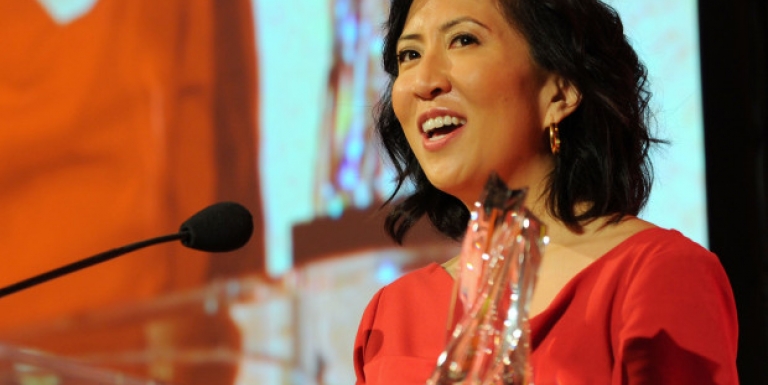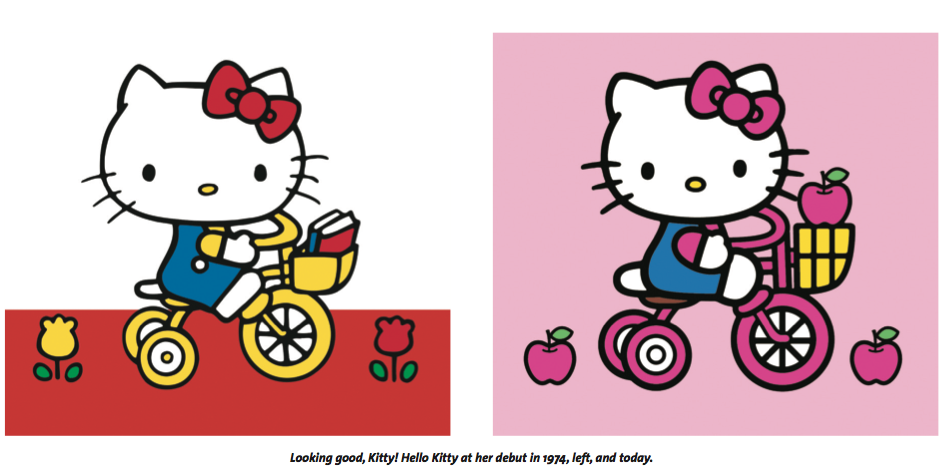by JAMES S. KIM
K-pop is currently the best known product after Samsung, according to Janice Min, co-president and chief creative officer of Guggenheim Media’s Entertainment Group, which includes The Hollywood Reporter (THR) and Billboard. But as hallyu gains more international recognition, Min said K-pop still has a few more hurdles left before it could be fully embraced among Western audiences.
“Half of the top ten news reported by THR is related to K-pop,” Min said at MU:CON Seoul 2014, an annual festival for Korean music. “The world is getting more and more interested in Hallyu content.”
Psy’s international hit “Gangnam Style” was a turning point, Min noted. The song got casual music fans interested in K-pop, and it played right into the hands of an industry that was already heavily powered by social media. But in order for K-pop to stick, Min said K-pop artists need to come off as genuine, not manufactured by a larger entertainment company.
“I would say the weakness of K-pop is that it feels inauthentic and prepackaged … so there needs to be authenticity,” Min told the Korea Times, referring to Justin Timberlake as an authentic artist who gained more creative freedom after leaving NSYNC. She emphasized that music fans want to know that their favorite artists are genuine and passionate about their music, which includes writing their own songs.
In addition, Min said K-pop was still in a good place to compete in the music industry as the genre incorporates dance, fashion, beauty and music all in one.
Moving forward, Min said she expects K-pop diversify even further, with different acts that carry different sounds. In terms of breaking into the American audience, she cited Crayon Pop and G-dragon as prime examples, since the former opened for Lady Gaga at her U.S. concert and the latter is set to release collaborative tracks with Justin Bieber.
“The fact that Lady Gaga promoted the act on social media was probably the most powerful thing any Western artist could have done for a K-pop artist,” Min said. “Collaborations also get a lot of attention. The validation of a K-pop artist by a popular Western artist helps break through the clutter.”
As for what K-pop has meant to Koreans, Min said in some ways, K-pop felt like a “move forward” among the younger generation of Koreans who won’t harbor bitter memories of the Korean War and the rebuilding period.
“K-pop seems to represent total youth culture to Koreans, for reasons both good and sometimes bad,” Min continued. “But I think there is a big national pride in the phenomenon that is K-pop and the fact that it has traveled so far and wide in the world.”







